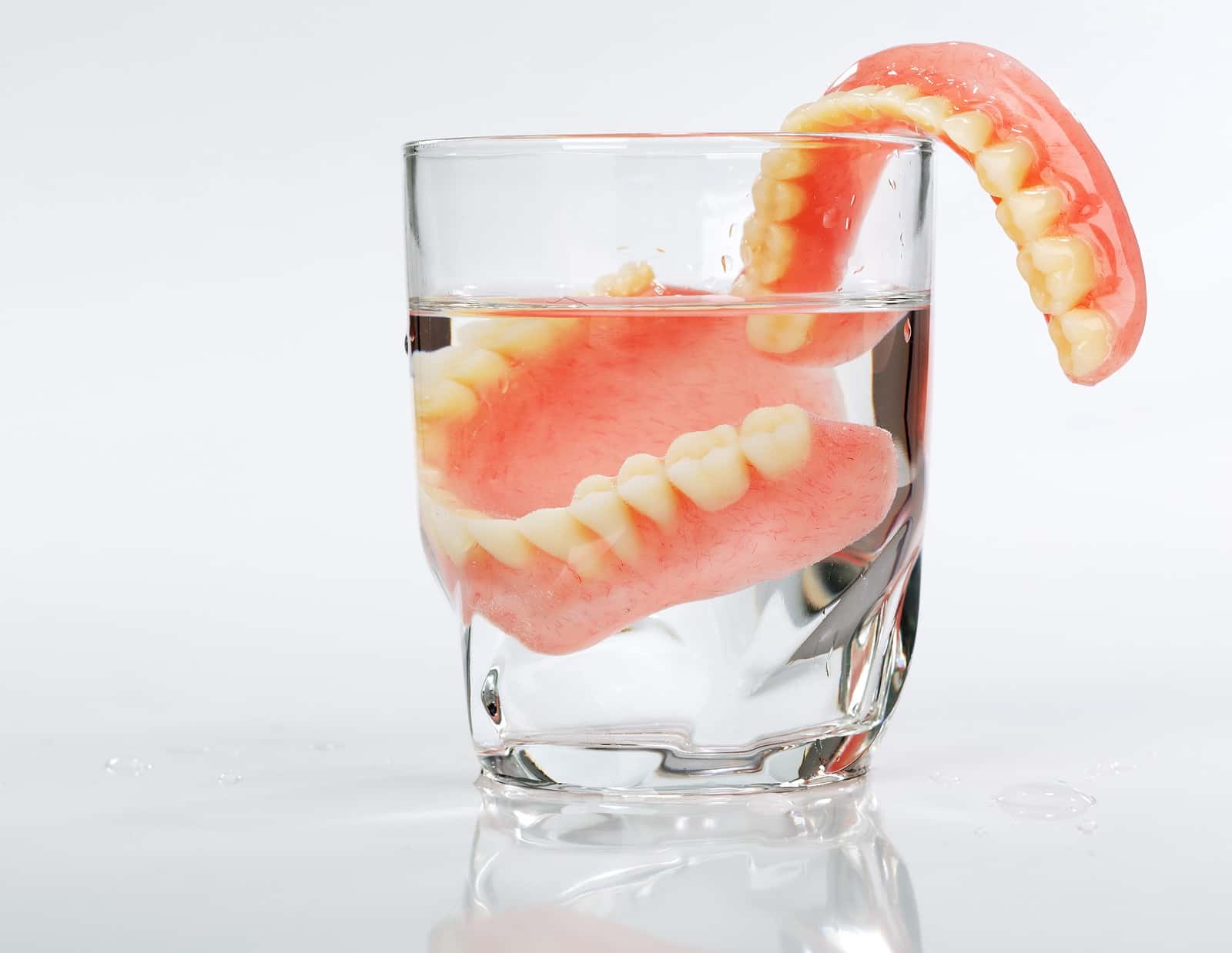
Zinc is an essential mineral, but most of us may not think about it very much. However, it is crucial for more than 300 chemical reactions in our bodies because it is part of numerous enzymes. We don’t need very much, just a few milligrams (mg) a day for kids, 11 mg for men and 8 for most women. What happens when you get too much zinc? Several readers have had unpleasant experiences with this due to zinc in denture adhesives.
Could Excess Zinc Lead to Dementia?
Q. My mother-in-law died a few years ago at age 91. During the last few years of her life, she had difficulty with her dentures. As a result, she began using more and more denture adhesive products containing high levels of zinc. She experienced rapidly deteriorating mental functioning during this time.
When she died, the doctors found that the copper content of her blood was almost zero. Copper deficiency causes dementia. I think that excess zinc blocks copper absorption.
A. For years, denture adhesive creams contained zinc to help make them stickier. Now, many of these products have been reformulated because of the recognition that occasionally they could contribute to zinc toxicity. (Keep reading for a few stories from readers who used these products prior to reformulation.)
You are right that too much zinc can lead to copper deficiency and neurological problems. If older people are having problems with dentures, getting better-fitting dentures would be the best approach. It also makes sense to use denture adhesive without this mineral.
Does Too Much Zinc Cause Neuropathy?
Q. For the past eight years, I have had numbness in both feet and my right hand. I recently had foot surgery due to a bone displacement. I’d hoped that this might rectify the situation, but it has not.
The numbness is getting severe and there are times when I feel like I am walking on air, as there is no feeling whatsoever. It comes and goes but is becoming more and more frequent.
I just heard about zinc poisoning. I have been wearing dentures for about eight years, so I wonder if this could this be the source of my problem. I see my podiatrist tomorrow and would be grateful for any information you can provide.
A. Acute zinc toxicity can lead to headaches and digestive distress (Molecules, July 1, 2024). Chronic exposure, as in dental creams, can cause copper deficiency and neuropathy. Numbness is sometimes a symptom of neuropathy.
Dental adhesives have traditionally contained zinc because it enhances the sticking power. Manufacturers are reformulating their products so look for a denture cream without it.
Denture Creams Lose Their Zinc:
Q. What is the story about the toxic effects of zinc in denture creams?
A. Too much zinc, whether from dental adhesives or taken as a supplement, can lead to a copper deficiency. The possible consequences are anemia and neurological problems.
Lisa Sanders, MD, described a case in the New York Times Magazine (Sept. 6, 2009) in which a 64-year-old woman overused denture cream. Her balance was affected along with the strength in her legs. She was almost unable to walk.
Her doctors were puzzled but when they discovered that she had super-high levels of zinc and almost no copper in her bloodstream, they tracked the problem to the adhesive she used to keep her ill-fitting dentures in place.
GSK, maker of Super PoliGrip, has reformulated its denture adhesive cream. The company urges consumers to look for the zinc-free product. The FDA is working with other manufacturers to reduce the risk that consumers might be exposed to excessive levels of zinc in their denture creams.
Citations
- Schoofs H et al, "Zinc toxicity: Understanding the limits." Molecules, July 1, 2024. DOI: 10.3390/molecules29133130

